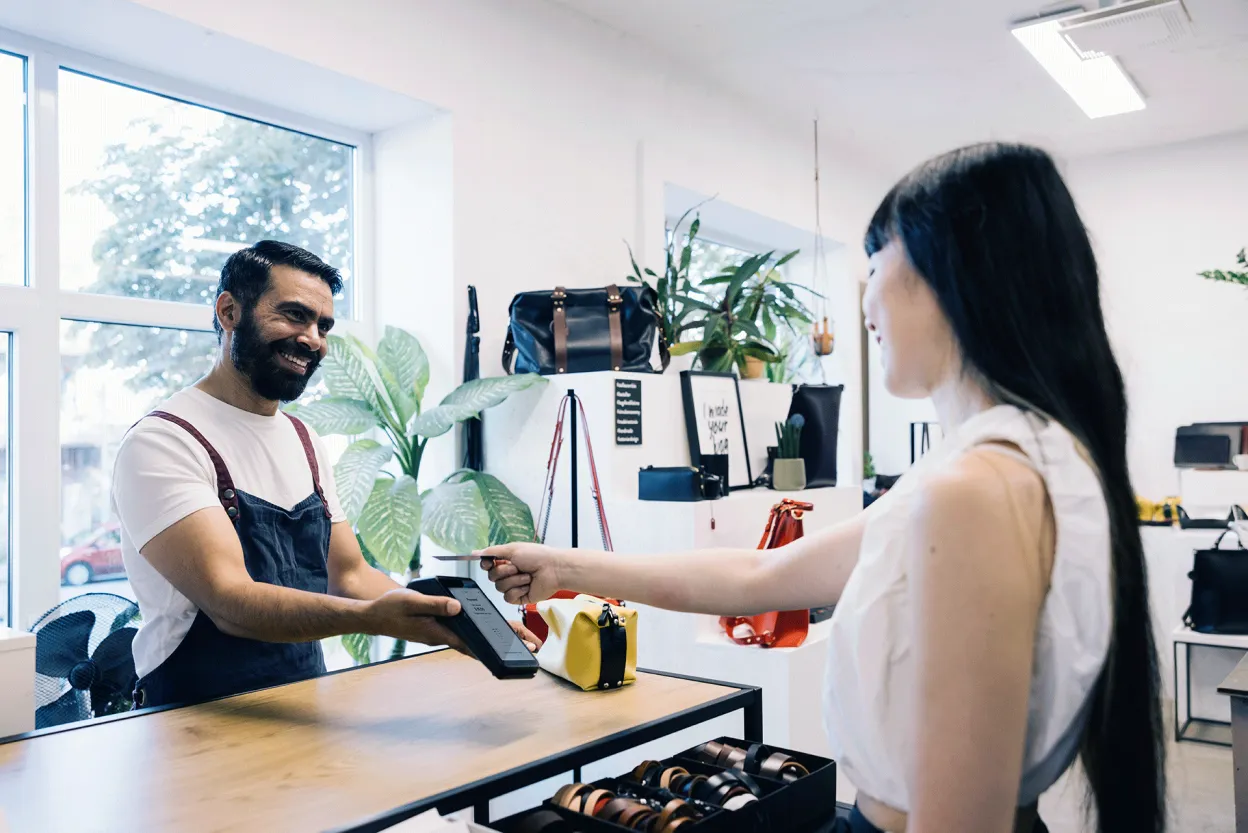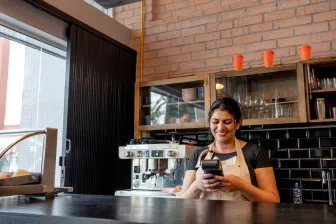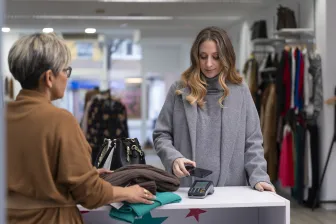The world of commerce has steadily changed since the 1990s when it expanded to include ecommerce. However, doing business online became more than an additional place to interact. It showed consumers that making purchases could be easier and more convenient – and they had the power to impact it. Retailers learned that seamless experiences were among the most important factors in building loyalty and maximizing revenues, even topping price when customers made their buying decisions.
Although digital customer engagements have been trending since the 1990s, commerce reached a turning point in the early 2020s when more consumers tried and permanently adopted ecommerce.
After primarily engaging through digital channels during the pandemic, consumers returned to brick-and-mortar shopping, but their expectations had changed. They now want the same on-demand access to information and services that they have when shopping online. Consumers expect merchants to use their data to personalize engagements and to create seamless experiences whether they’re online or at the checkout counter in a physical store and seamless processes when they begin a shopping journey on one channel and complete it on another, for example, when choosing to buy online and pickup in store.
Today, the advances in technology and the evolution in consumer behavior and competitor offerings are accelerating, so it’s time for merchants and their solution providers to focus on what’s next.
How to Usher in the New World of Commerce
Software developers, acquirers, and solutions and services providers must work to offer solutions that will help merchants thrive in a changing world. These capabilities are essential:
- Accept payments wherever customers interact
Competitive merchants will look for ways to optimize customer experiences and maximize revenues. They want the ability to accept payments anywhere inside or outside physical locations, such as in pop-up shops, the drive-thru, when assisting customers in the aisles, and at the checkout counter. Take time to understand merchants’ processes and objectives for creating new experiences and provide the secure payment options they need.
- Contactless payments using smartphones
Contactless payments have now become one of the main payment methods, and the trend is likely to continue growing in 2024. Merchants need the capability to accept contactless card or mobile wallet payments wherever customers interact. Soft POS or tap on mobile technology is emerging as viable path and perhaps a game-changer to the future state of in-store payments.
This game-changing technology gives merchants of all sizes the ability to accept payments on smartphones or other consumer mobile devices. It lowers barriers to expanding payment capabilities for small merchants, but it also gives enterprise and large businesses a solution that complements existing payment solutions so they can accept payments anywhere. Soft POS is also secure, complying with Payment Card Industry (PCI) industry standards for mobile payments on commercial off-the-shelf (MPoC) devices.
- Facilitating more ways to pay
Consumers want choice. They even factor in their options for payment when making buying decisions. A method to consider adding is buy now, pay later (BNPL), which allows customers to split large payments into three or four installments over a few weeks. Making payments more budget-friendly can help merchants capture their part of the $80.8 billion BNPL market in 2024.
- Payments (literally) in the palm of your hand
Exciting developments are happening in biometrics payments. Consumers can link payment accounts to their biometric data, such as a facial or infrared palm vein scan. Consumers can create accounts linking their scans to their payment accounts. This allows them to make payments, even if they leave cash, cards, or even their smartphones at home. Merchants benefit in several ways, including reducing fraud. It’s nearly impossible to duplicate a scan to use an account without authorization.
Build a Network with Vision
Today’s world of commerce would be unrecognizable to merchants and consumers of 30 years ago. Furthermore, accelerated change will make it radically different in the next decade.
It’s time to evaluate your partner ecosystem and ensure all businesses you work with recognize the speed of change and share your vision for the future. Your payment technology partner must be committed to innovation and provide your clients with an agile platform that allows them to expand their capabilities to meet expectations and compete on experiences.
If your partners are set on maintaining the status quo, it’s time for a change.
Contact us to learn more about forward-looking payments solutions designed for the new world of commerce.











